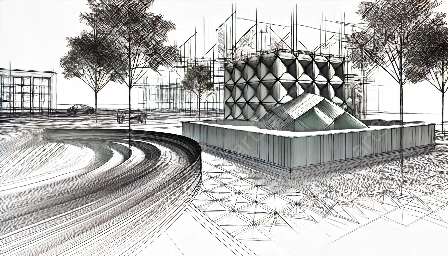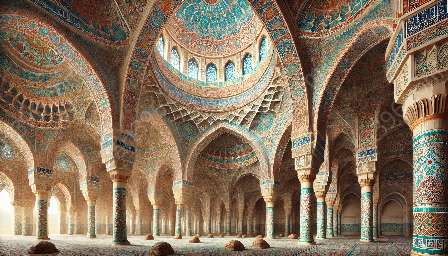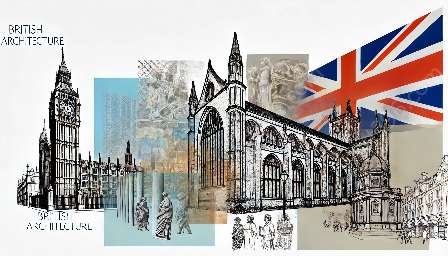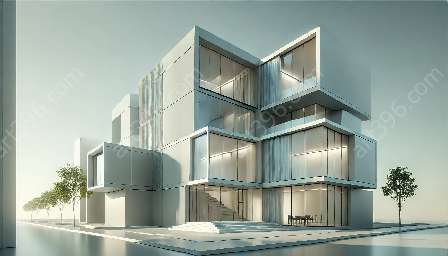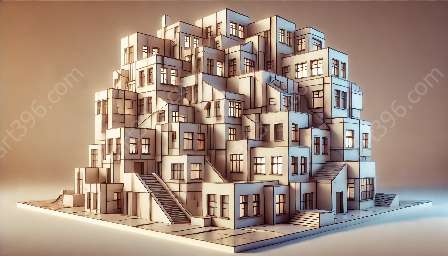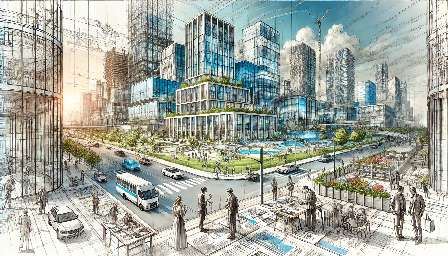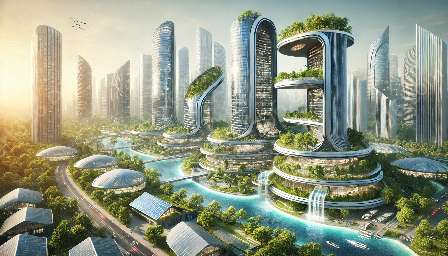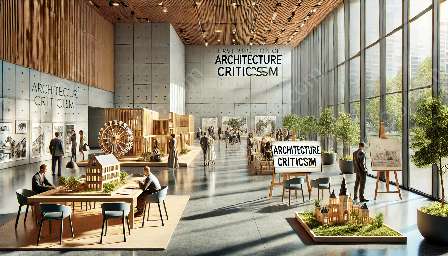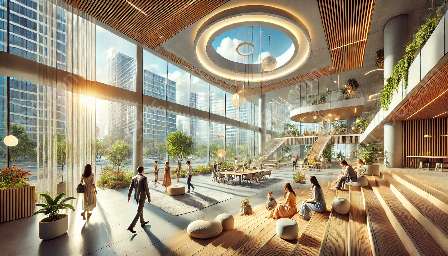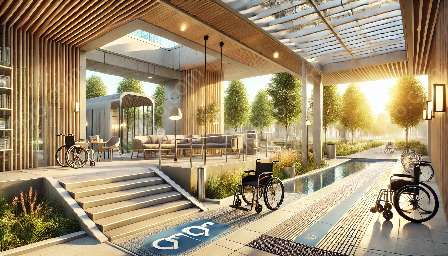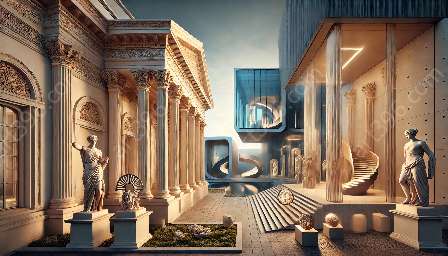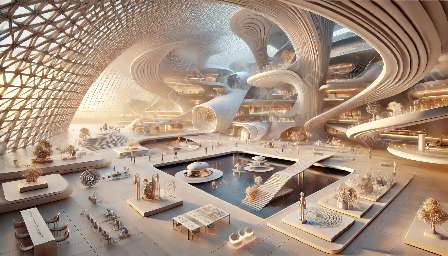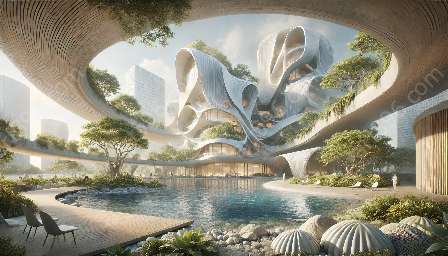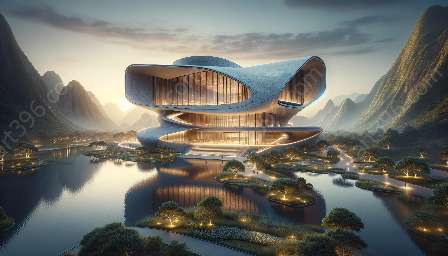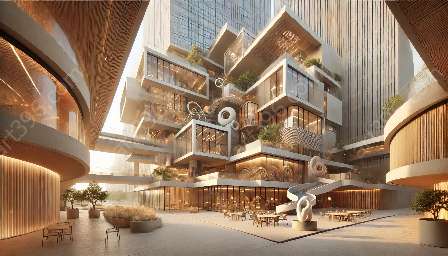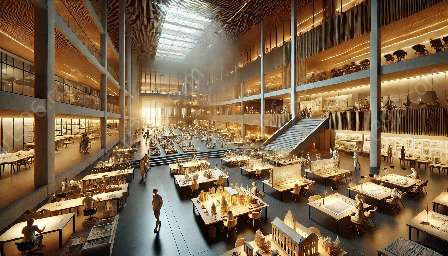Space planning in urban development projects involves the ethical consideration of creating sustainable, inclusive, and harmonious spaces.
Addressing Equity and Social Justice: Urban development projects must prioritize equitable access to resources and opportunities, ensuring that marginalized communities are not displaced or overlooked in the planning process. Architects and planners should seek input from diverse stakeholders to create inclusive spaces.
Sustainability and Environmental Impact: Ethical space planning requires a focus on reducing environmental impact, conserving natural resources, and promoting sustainable design practices. This involves minimizing urban sprawl, preserving green spaces, and promoting energy-efficient building designs.
Historical Preservation: When envisioning new developments, it’s important to consider the preservation of historical and cultural landmarks. Ethical space planning aims to integrate modern development with the existing heritage, maintaining the cultural identity of the community.
Accessibility and Universal Design: Ethical space planning emphasizes the creation of accessible environments for people of all abilities. This involves designing infrastructure, buildings, and public spaces with universal design principles to ensure inclusivity and equal access for everyone.
Ethical Decision-Making and Transparency: Architects and planners should adhere to ethical decision-making processes, considering the social, environmental, and economic impacts of their designs. Transparency in the planning process, including clear communication and public engagement, is essential for fostering trust and accountability.
Community Engagement and Empowerment: Ethical space planning involves actively involving the community in the decision-making process, empowering residents to contribute their insights and aspirations for the built environment. Collaboration with local stakeholders fosters a sense of ownership and pride in the development projects.
Economic Viability and Social Impact: Ethical space planning requires careful consideration of the economic implications of development, aiming to create thriving urban spaces while minimizing negative social impacts such as gentrification and displacement.
Space planning and architecture intersect in urban development to create environments that are not only aesthetically pleasing but also socially responsible and sustainable. By integrating ethical considerations into space planning, architects and planners can contribute to the creation of vibrant, inclusive, and resilient urban communities.








